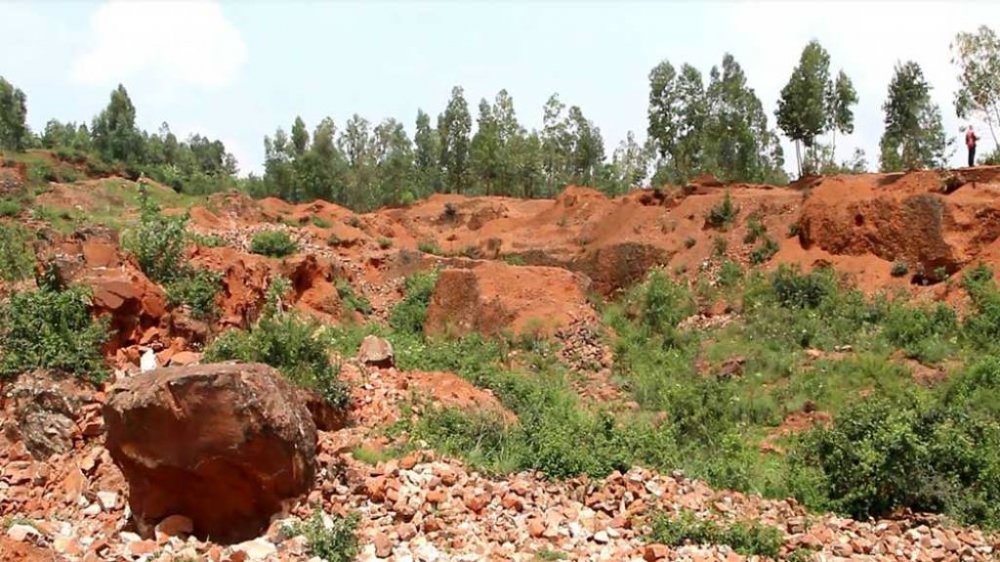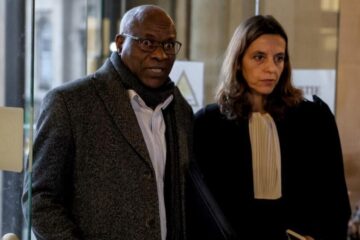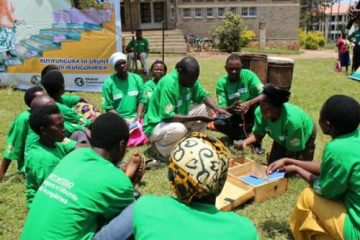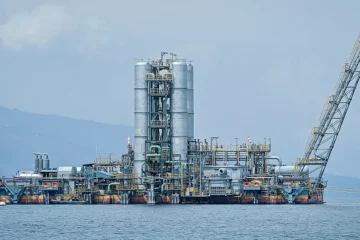Rwanda has taken a groundbreaking step in safeguarding its environment by compelling mining companies to pay the full price of land restoration before they begin operations. In August 2025, the Rwanda Environment Management Authority (REMA) unveiled the Environment Bond Calculator, a tool designed to prevent abandoned pits, degraded soils, and ecological hazards that have plagued communities for years.
According to REMA, mining activities contribute significantly to Rwanda’s economy, but they also leave scars, open quarries, landslides, contaminated streams, and barren soils that struggle to recover. A 2024 assessment found that more than 2,000 hectares of land across the country remained degraded by past mining operations, posing risks to farming communities and local biodiversity.

Under the new system, each mining operator is required to calculate and deposit rehabilitation costs in advance using the Environment Bond Calculator. The money is placed under the stewardship of FONERWA, Rwanda’s Green Fund, ensuring that even if a company shuts down or exits, the resources to restore the land will remain intact.
“This is about fairness and accountability,” said Emmanuel Nkurunziza, Director of Land Restoration at REMA. “For too long, local communities have borne the brunt of environmental damage while companies profited. Now, if you dig, you must also heal.”
Mining remains one of Rwanda’s most important industries, generating over $1.1 billion in exports in 2024, mostly from tin, tantalum, tungsten, and gold. Yet, environmental activists have long warned that without robust safeguards, profits come at a steep ecological and social cost. Families living near abandoned pits in Rutsiro, Gakenke, and Nyamasheke districts have lost farmland to landslides and livestock to sudden floods.
For Esperance Mukamana, a farmer in Gakenke, the reform comes as long-awaited relief. “We lost two cows when a pit collapsed during heavy rains,” she recalled. “We asked who would help us, but no one claimed responsibility. If the government now forces companies to repair the land, it will save lives and livelihoods.”
Officials say the calculator uses data on mine size, location, soil type, and projected environmental impact to determine exact restoration costs, ranging from Rwf 10 million (approx. $7,800) for small quarries to over Rwf 200 million (approx. $156,000) for large-scale mining concessions.
The introduction of the Environment Bond Calculator aligns with Rwanda’s broader commitment to sustainable development, as enshrined in its Green Growth and Climate Resilience Strategy. By ensuring mining firms carry the full environmental responsibility; the country seeks to strike a balance between economic growth and ecological integrity.
Whether the policy will be strictly enforced remains the key question. However, for communities living in the shadow of scarred landscapes, the reform is already being welcomed as a step toward justice and a healthier environment for future generations.








